The economic importance of Shop. Eat. Spend. Kitsap

28 Oct 2021
Executive Director Monthly Column
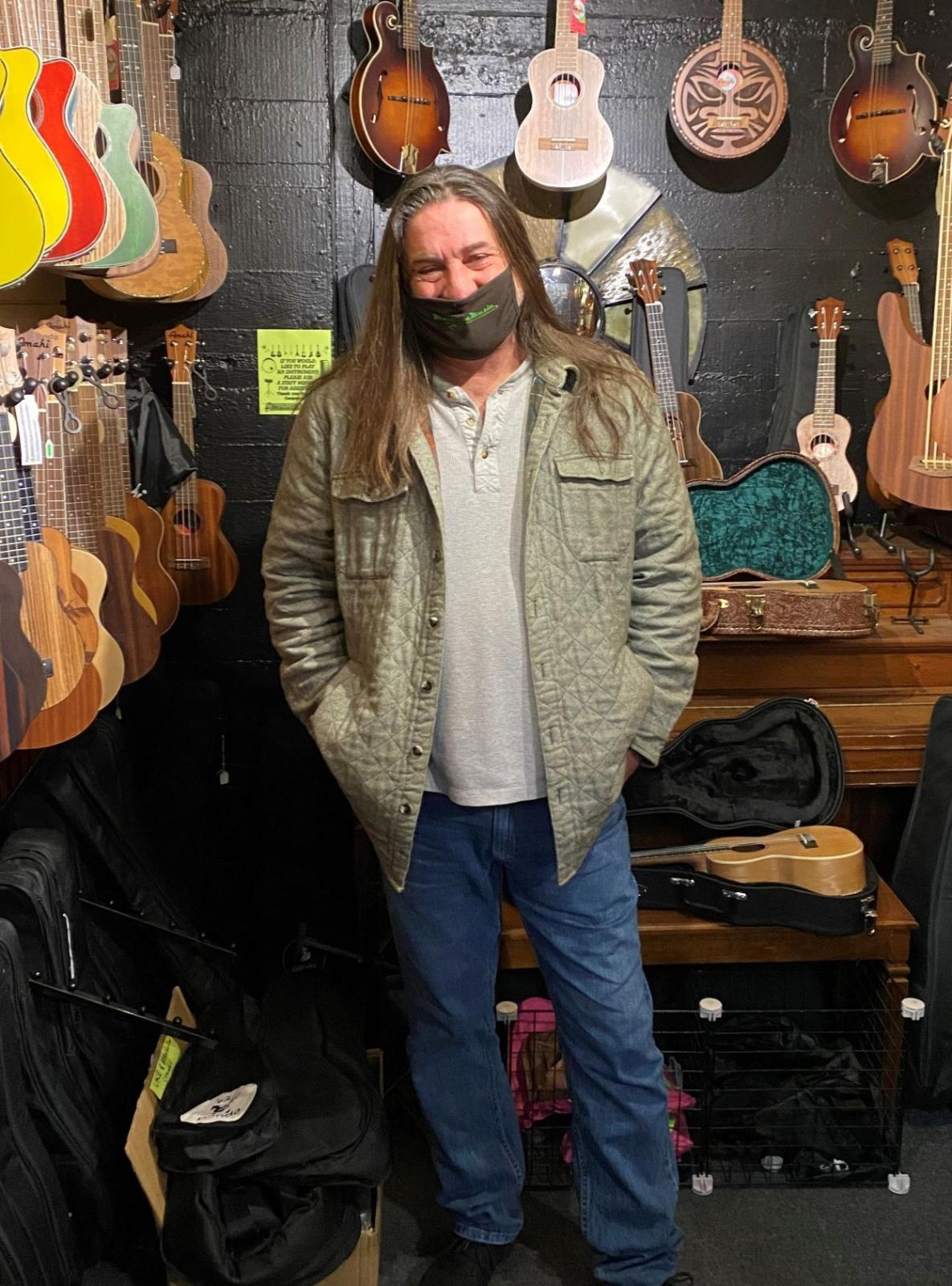 “There’s been a big downturn, the last month or two,” said Darren Erickson of Mainline Music, set against a backdrop of guitar picks, drumsticks and hanging ukuleles. Erickson owns the only music instrument shop in Port Orchard. He’s a little worried. “Sales have dropped 75 percent just instantly,” he said. “This just isn’t normal for us.”
“There’s been a big downturn, the last month or two,” said Darren Erickson of Mainline Music, set against a backdrop of guitar picks, drumsticks and hanging ukuleles. Erickson owns the only music instrument shop in Port Orchard. He’s a little worried. “Sales have dropped 75 percent just instantly,” he said. “This just isn’t normal for us.”
So many things about our economic lives right now are contradictions. Some small businesses in our community are absolutely roaring. Many others continue to struggle. As consumers, we’ve been (generally) locked up at home for over a year and a half. As a result, spending is up but also in a contradictory way: The same amount of Americans now say they have become “more digital” (48%) and “more local” (47%) as consumers. This is from a June 2021 PwC survey. Every time they run it, the share of people who say they make daily purchases online rises. At the same time, since they started the survey in October 2020, more people (6 percent) also say “they’ve been doing more to support local independent businesses.”
According to research conducted in Austin that laid the foundation for this movement around a decade ago, spending close to home can create up to a three times greater impact on the local economy. The more local you shop, the more money you put into the hands of local business owners. They, in turn, spend that money on local service providers, employees and suppliers. Some data shows they’re more likely to make community nonprofit donations and social investments. The end result is a higher share of dollars likely to continue circulating in the local economy.
Please note this isn’t a call to end online shopping. I’m not giving up my Amazon prime subscription anytime soon. The e-commerce and “more digital” life that has emerged due to the pandemic offers us comfort and convenience. It’s just worth remembering that before you click buy on that new part for your motorcycle, you might want to see what the stores in West Bremerton have to offer first. It makes a huge difference.
This summer, I remember being surprised on a sunny day when I went to go visit a local business, producer of a “feel-good” product; not quite a luxury good, but something that definitely offers you comfort. Since bread, butter and wine sales all went through the roof this pandemic, many of them with 20 percent year-on-year gains, I assumed that this business had also done well. I was wrong. What I found instead was a small business owner on the verge of tears, grateful for every bit of assistance received during the pandemic. The prospect of closing the business was very real, very fresh and weeks old. Daylight was only starting to filter in now to the business, as spring turned into summer and sales near-miraculously picked up.
This concept of spending local extends beyond the holidays and beyond retailers. As someone with economic bones in my body and a believer in letting markets drive outcomes, I make buying decisions largely at this intersection: What’s the best product, at the right price, with the lowest hassle and best service? The answer still might be here at home and in areas you might expect. An example: In 2022, KEDA is going to revisit our options for Internet service at the office. We’re going to include local providers in the review to see if they can offer us better, faster and more consistent service than we have now from our current very-large-scale solution. The verdict isn’t in yet, but I suspect they can.
When it does come to holiday shopping this year, some free advice from your local friendly economic developers: Don’t procrastinate. Supply chain weirdness has been with us throughout this pandemic, and is forecast to only get worse and cause holiday shipping snafus. “The supply chain has definitely been disrupted,” said Mainline Music’s Erickson. “It’s been tough to get stuff in to sell.” All the more reason to check out your local options first, and fast.
When I asked Erickson what he thinks will happen to his business the rest of this year, he admitted he didn’t know. “I have no projections, no idea what’s going to happen. I hope it turns around, and I hope we start seeing more business. Maybe now people will feel more comfortable shopping,” he said. “I hope people shop local.”
We’re all tired of this pandemic. It can be hard to remember that our local small businesses have been absolutely hammered over the past year and a half as COVID-19 has wreaked its destruction across lives and the economy. Yes, there’s good news and things are looking up: A recent study from Yelp shows that 85 percent of the businesses that closed temporarily during the pandemic have reopened. That doesn’t mean that those businesses are now safe, secure or out of trouble. It’s also worth considering the fate of those others – the more than one in ten – that may not have made it. That’s a big number.
One of the beautiful things about Kitsap is that wherever you are in this community, we tend to pull together. As we finish out the year, we’re asking you to remember that how you spend matters to the local economy. Kitsap’s character is made up of the restaurants, retailers, service providers, professionals, businesses—our neighbors—that all live right here. Let’s ramp our effort to shop, eat and spend in Kitsap. It’s good for us all.
Joe Morrison (morrison@kitsapeda.org) is Executive Director of the Kitsap Economic Development Alliance. Join the ShopEatSpendKitsap campaign through year end by visiting www.shopeatspendkitsap.com, connecting with us on Facebook and Instagram.
More Topics

November is Global Entrepreneurship Month
Oct 28 2021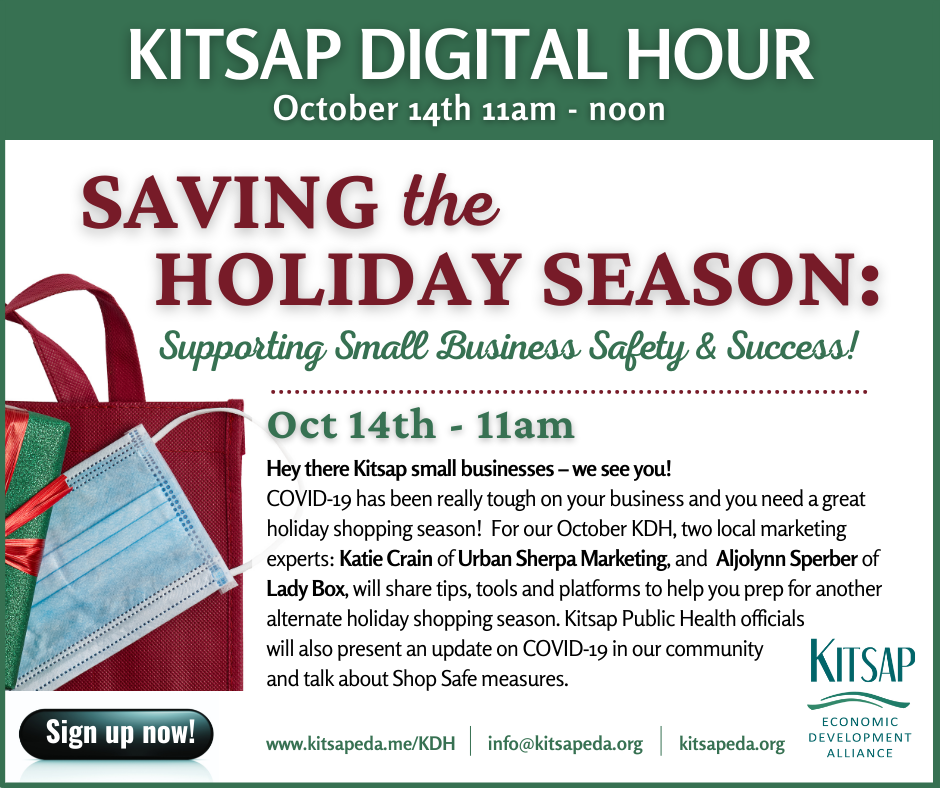







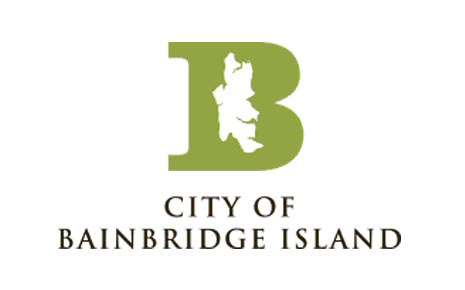
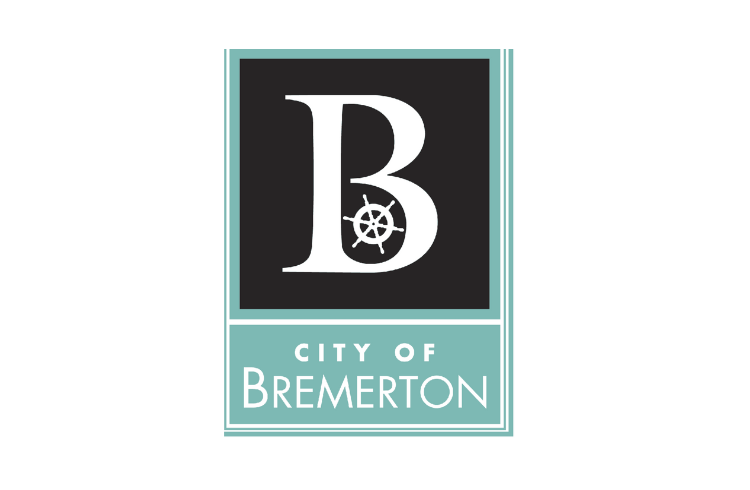

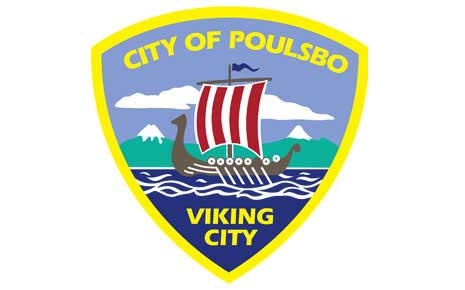

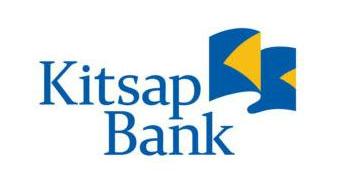
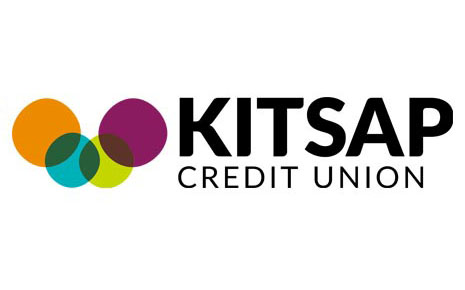
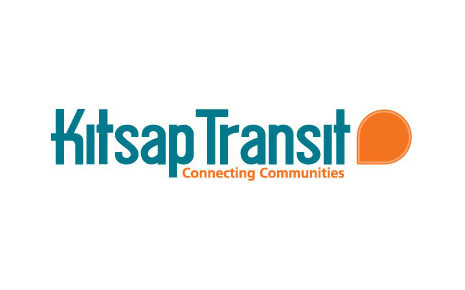
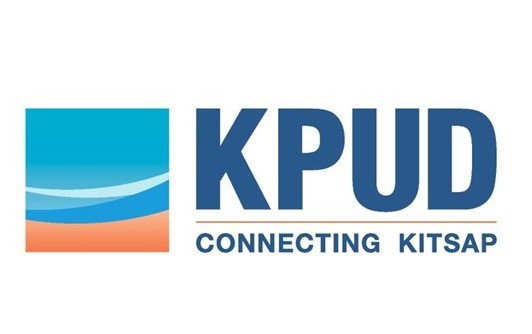
.png)

.png)
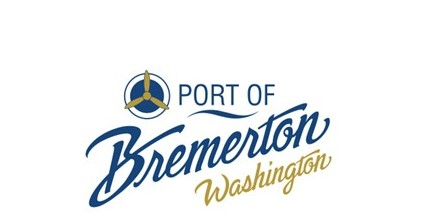



.png)



